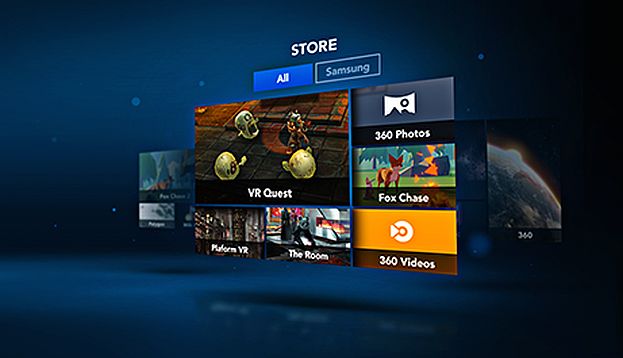With $2 billion in funding from Facebook behind it, the Oculus Rift virtual reality headset is picking up steam. And this past weekend at the Oculus Connect conference, the device made even more waves, not only with the debut of a new prototype, but also a marketplace that will make it easy for developers to sell their games and applications.
Titled the Oculus Platform store, the space will let developers distribute their virtual reality-related goods with ease, and will be released sometime this fall. The virtual site will be compatible with a number of devices, including iOS and Android, Windows Phone, Chrome, Firefox, Safari and Internet Explorer.
Through the Oculus Platform, developers can bypass the “middle man” and build up a suitable library for those who purchase the headset upon its release, providing one convenient stop to offer the best games and other programs.

Along with the debut of a new Crescent Bay prototype headset — which will replace the developmental DK2 headset that’s already been distributed — Oculus Platform is promising big things, allowing visitors to shop in a holodeck-based space with floating tiles featuring different applications. Utilizing a separate Gear VR touchpad, you can make your selections in this space, and then download once the selection is complete. The store won’t be based on any sort of currency system, as it will act as a portal for developers to “give things away for free,” according to Oculus co-founder and VP of Product Nate Mitchell.
“We want to offer developers a way to get feedback on their content as soon as possible,” he said. It will eventually tie into another marketplace where items can be purchased, though that hasn’t been given a release date just yet.
Oculus will utilize the Platform with its own programs, including the forthcoming Oculus Cinema and the photo-supported Oculus 360, but it will mainly be an open door for the community of developers slowly but surely building up for the device.
The Oculus Platform could, ahem, virtually be a dream come true when it debuts this fall.
Source: TechCrunch

